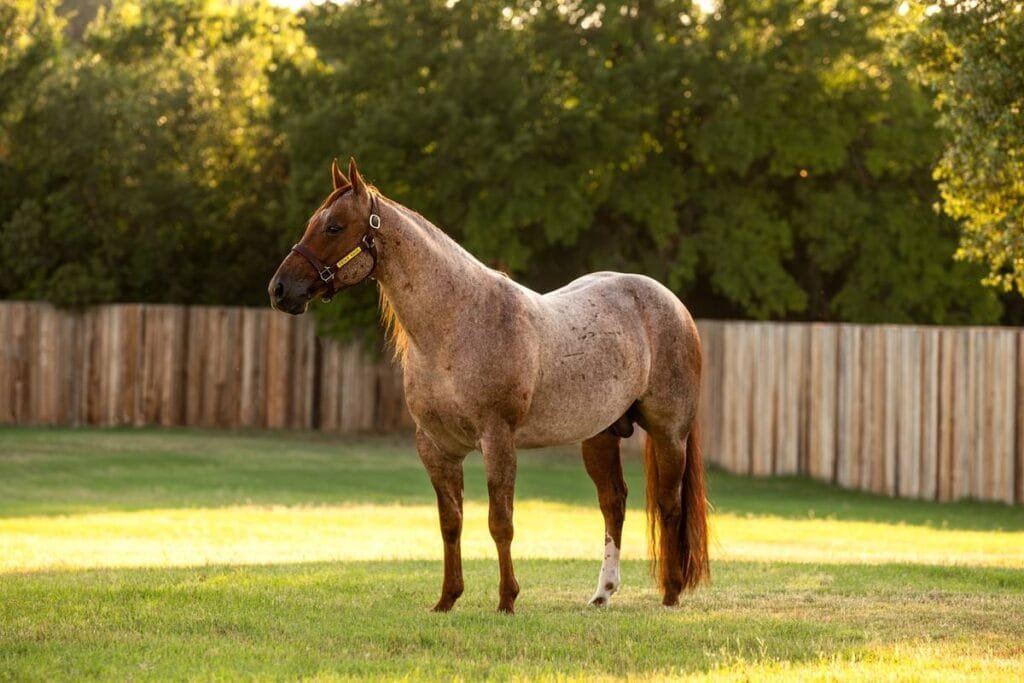What is a Mare?
A mare is an adult female horse that is 4 years or older. This term specifically refers to a mature female horse, typically one that has reached reproductive maturity. Mares are known for their strength, intelligence, and nurturing instincts. In addition to being used for riding, work, and sport, mares can also be bred to produce foals.
Mares generally have a more stable temperament compared to younger horses (such as fillies), and they are often more patient and experienced. They may have a deep bond with their handlers and can be quite responsive to training, especially if they’ve been well-socialized from a young age.
Physically, mares are fully grown by the age of 4 or 5, although some breeds may continue to develop slightly into their late teens. They come in all sizes and colors, just like stallions, and can be trained for a variety of disciplines, from racing and jumping to dressage and pleasure riding.
In terms of breeding, mares typically begin their reproductive years around 2 to 3 years old but are often not bred until they are more mature—usually around 3 or 4 years of age. A mare’s reproductive cycle, called the estrous cycle, plays a significant role in breeding decisions, and it is important to care for mares properly to ensure their health and wellbeing throughout their lives.

FAQ About Mares
1. How old is a mare?
A mare is an adult female horse, typically 4 years or older. They are considered fully mature by this age, though they may continue to develop slightly into their late teens, depending on the breed.
2. What is the difference between a filly and a mare?
A filly is a young female horse under the age of 4, while a mare is an adult female horse aged 4 or older. The term “mare” is used once the horse has reached full maturity.
3. Can mares be bred?
Yes, mares can be bred once they reach sexual maturity, usually around 2 to 3 years old. However, most breeders wait until the mare is at least 3 or 4 years old before breeding, as this allows her body to fully mature. Mares can breed into their teens, though fertility may decline as they age.
4. Do mares have a specific temperament?
Mares generally have a more stable and balanced temperament compared to younger horses like fillies or colts. However, like all horses, their temperament can vary depending on factors such as breed, training, and individual personality.
5. Are mares more difficult to handle than geldings or stallions?
Mares are generally easier to handle than stallions, especially if they have been well-trained and socialized. Some mares may exhibit mood changes due to their estrous cycle, but these fluctuations are usually manageable. Geldings, being castrated, are often the most consistently calm and easygoing, but mares can still be very manageable with proper care and training.
6. How long do mares live?
Mares can live anywhere from 20 to 30 years, depending on their health, genetics, and how well they are cared for. Some mares even live into their 30s with proper management and attention to their needs.




